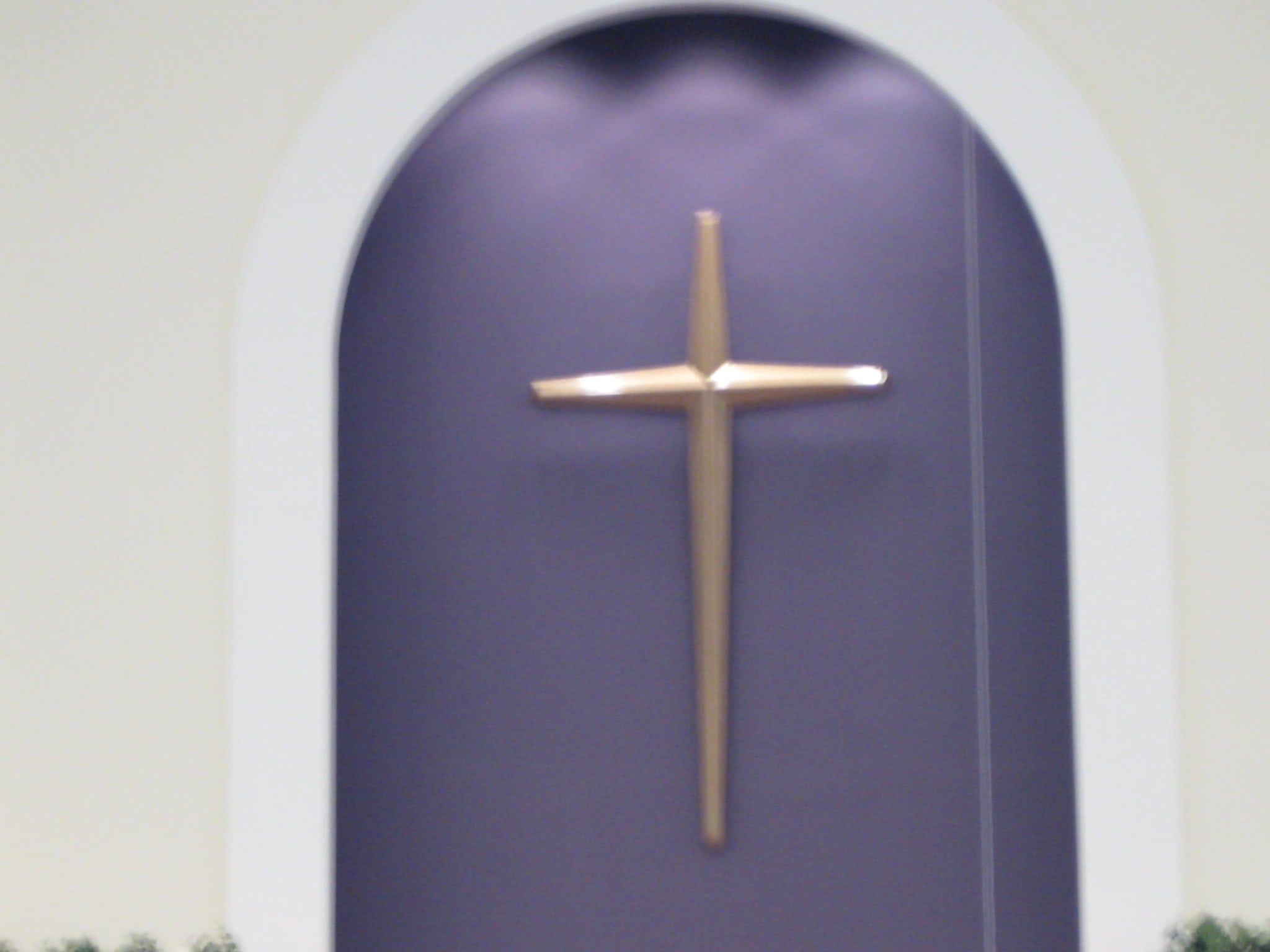Focus Scripture: Jeremiah 29:1-13 (NRSV)
Examining the Scripture
The prophet Jeremiah had informed members of the community that they would be in exile in Babylonia for 70 years. He cautioned them to carry on with their regular daily routines. The exiles were advised to build, plant, multiply, seek peace, and pray until the season of their exile was over. The prophet also told them that if they fulfilled the conditions God had specified for their captivity, God would bless them with wellbeing and, at the appropriate time, restore them to the places from which they had come. Further, Jeremiah informed the people of God’s benevolence toward them. In an often-quoted scripture (29:11) God uses Jeremiah to tell the people: “For I know the thoughts that I think toward you, saith the Lord, thoughts of peace, and not of evil, to give you an expected end” (KJV).
Jeremiah’s message is not an easy one for the exiles to hear. They are not told to take up arms against the Babylonians, nor are they told to try to subvert the state. Instead, Jeremiah brings a message from God that they are to build houses, to plant gardens, to raise families, and to seek the community’s welfare while they are in Babylon. These activities are not based on pessimism, indifference, selfishness or cynicism. In the course of doing all of these things, the exiles are also waiting for God to act. Jeremiah’s message is based on the faith that God has plans for shalom (peace) and not a calamity. Such plans provide the people of God with a future and a hope. Jeremiah’s faith in such a God is essential to his ability to hear and to pronounce the word of the Lord. This kind of faith sustains the patience needed to wait for the Lord (Fowl & Jones, 1991).
Questions
- Why did the exile happen? What were the implications of the exile for the future of God’s people?
- Why was it important for the exiles to continue with their normal life routines? Is this good advice for “exiles” in the present day? What drawbacks exist for present-day exiles?
- What difficulties might the Babylonian exiles have encountered in seeking the welfare of the city to which they were sent? Why is seeking the welfare of captors so tricky for people in captivity?
- What were false prophets telling the exiles? Why were the exiles warned about listening to false prophets and diviners among them?
- What were God’s long-range plans for the people who were taken into captivity? What evidence do we have that these plans were carried out?
Perspective[1]
In the 1960s, the local Urban Renewal Project began buying up property that was to be demolished to make way for new homes. The new rental-type units were part of a program to provide what the government deemed decent, safe and sanitary housing. Plans included installation of telephone, gas, and electric lines by private utility companies. People who had the means were going to be able to build new homes in the community. Carrie Mae Benson, a long-time resident of Middlesex, tells her version of the story:
“I recall a time when the Urban Renewal man showed up at my parent’s house in his black Lincoln Continental. The government man was skinny and pale and dressed in a navy-blue suit with his shirt collar drawn up tight around his neck. Sweat dampened his collar in the hot sun. He told my father that the government was going to begin demolition on our parcel soon. My family had to be out before the end of August. The Urban Renewal man handed my father a check and never looked back as he sped down Sherman Street and vanished into the distance, leaving a cloud of dust in his wake.
“Shortly after that, I asked my father what it meant to rehabilitate something,” Carrie Mae said. “He told me it meant that somebody wanted to take something that’s already here and turn it into something different. He explained to me that they would split up our families and that the government would rent that same land back to us in the form of apartments that wouldn’t even belong to us.
“It meant that our way of life would be completely different. But that was back then,” Carrie Mae said. “That was more than 50 years ago. As older residents died or grew old and moved away, newcomers began to take their place. Most of the newcomers had been displaced by similar projects in the city. Consequently, a lot of poor city dwellers relocated to Middlesex in search of decent places to live.
“The only thing is that when the newcomers arrived, they were not welcomed with open arms. Instead, the usual things that divide the oppressors from the oppressed confronted them. Not only that; Oakwood and Middlesex people refused to talk to each other about their similarities and differences, their shared hopes and their dreams. And with communication at an impasse, mistrust was high. People began to sink into hopelessness, anger, and even despair. They became cynical, apathetic, and sometimes violent. We need to find a balance point.”
Church in Community Exercises
- In your opinion, what obligation does the church have to help people who have been displaced?
- Describe your lived or observed experiences with the effects of urban renewal and gentrification on the lives of those who have been displaced.
- What obligation does the church have to facilitate transformation in the broader community?
- What resources are needed to help your church meet the goals in this area?
References
Fowl, S. E., & Jones, L. G. (1991). Reading in Communion. Grand Rapids: William B. Eerdmans Publishing.
Reed, Lorrie C. (2017). The Agape Alternative. Chicago, IL: Create Space.
[1] This vignette is adapted from The Agape Alternative, by Lorrie C. Reed (2017).
| Lesson One | Lesson Three |

